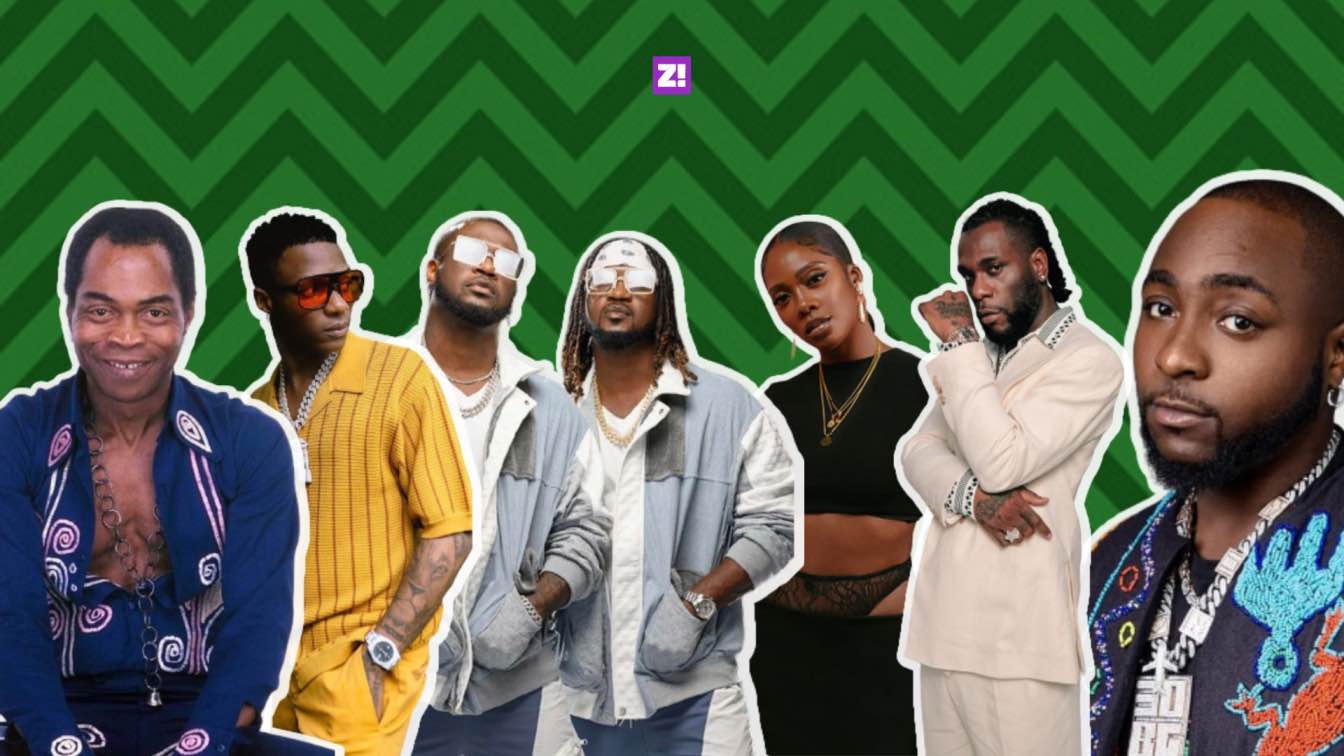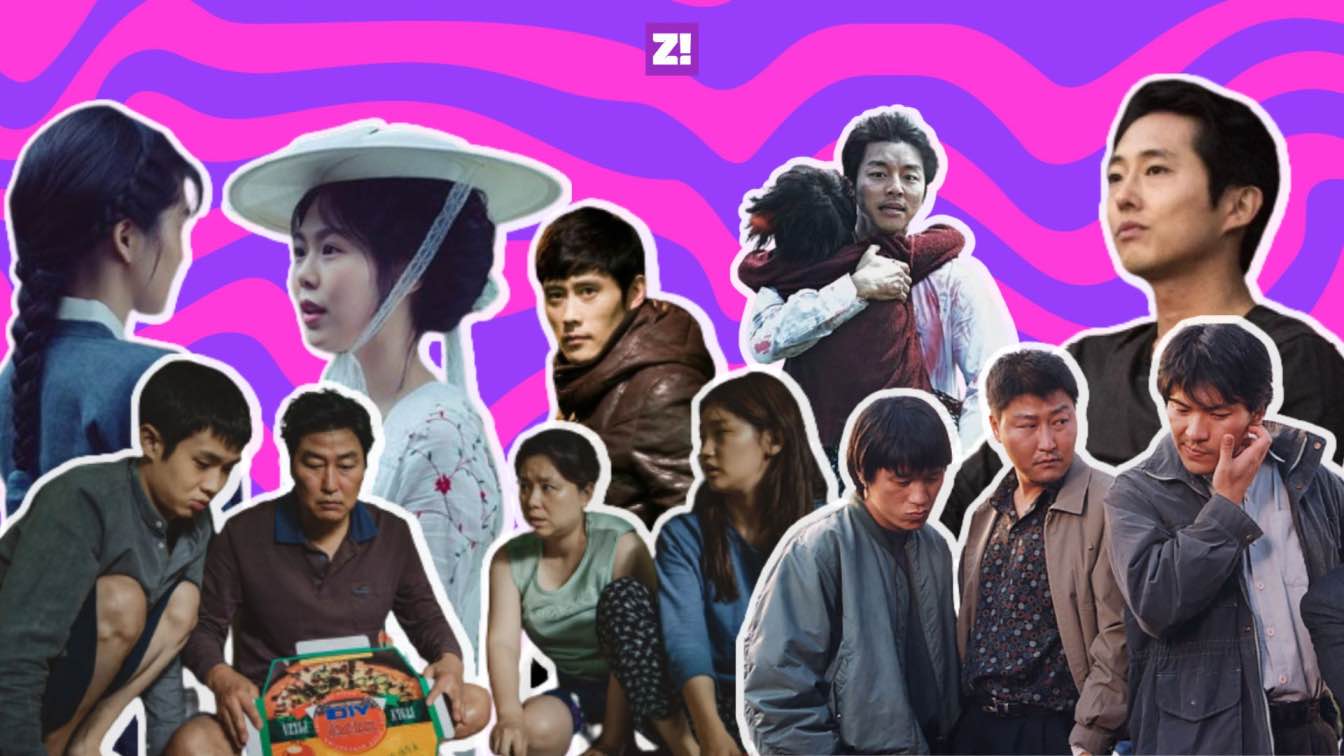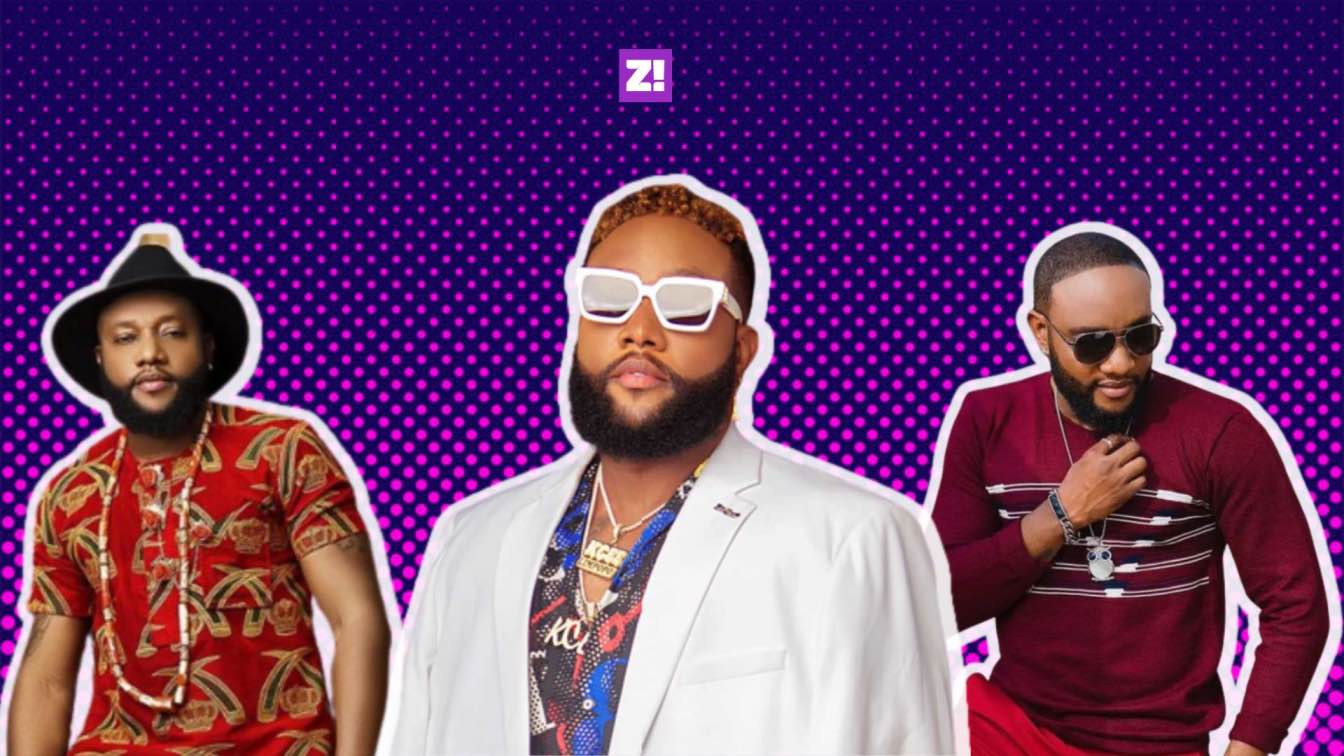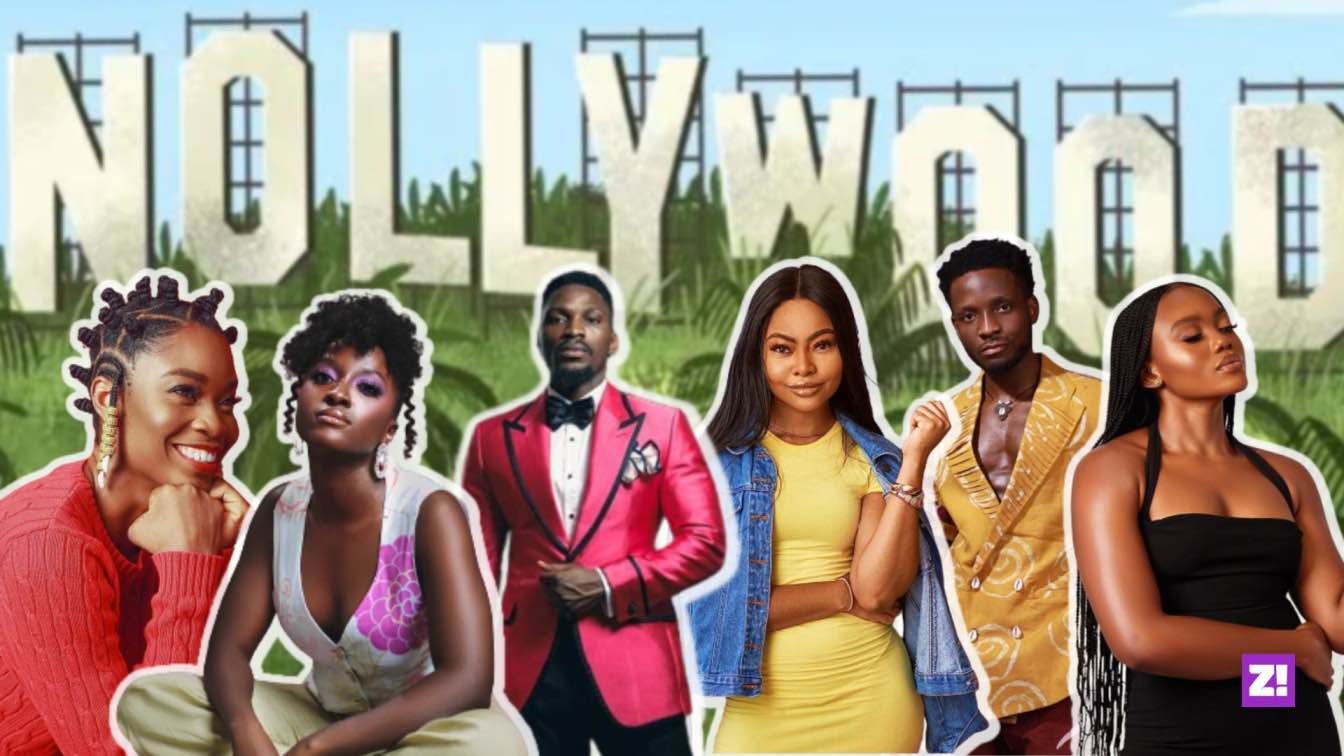There’s no Nollywood without Stanley Okorie. Whether or not that name rings a bell, you can bet you’ve heard his voice before — especially if you grew up watching Old Nollywood movies.
With soundtrack credits on over 1,000 Nollywood films, Stanley Okorie is the singer and composer behind songs like Karishika (Queen of Demons) from the 1996 film of the same name, the popular Nkem Owoh song, I Go Chop Your Dollar (Stanley sang the song while Nkem Owoh lip synced Drag-race style) from the 2004 film, The Master, and the recently viral Billionaire (Onye Ji Cash) from 2019’s Return of the Billionaire that seems to be setting the streets of TikTok on fire.
Catching up with the singer in May 2023, he talks about his entry into Nollywood at a time when the industry depended on soundtracks to push storytelling, the struggles of navigating Nollywood in the 1990s and early 2000s and the hilarious story of how he got paid with a bottle of Sprite for his first soundtrack.
Source: Provided by subject
Let’s talk about what I like to call the Stanley Okorie Renaissance.
It’s been amazing and pleasantly surprising that the music I made in the 1990s and early 2000s is getting attention these many years later, on platforms I’m still learning about. It makes me feel like I didn’t waste my time back then because I made music I liked, not necessarily for anyone in particular. But there’s also a sense of feeling challenged by it all. If the work I did back then can hold its own decades later, I need to make new music that can have the same value years from now.
Fun fact: the people who were ten years old at the start of my career are now parents in their 30s and early 40s. How time flies.
I’m one of them. LOL. How did you discover that you and your music had become viral sensations?
Someone called me a while ago, singing Happy Mumu, and I wondered why this young guy was singing a song I released almost ten years ago. He explained that everyone online was making videos of that song and Billionaire (Onye Ji Cash), but I didn’t understand until he started sending me videos. It was like people had recorded hundreds of videos with my songs.
I’m not on social media, so I didn’t get the gist on time. But I now realise a lot is happening online, and I need to find a way to create some presence there.
I’m curious about your Nollywood journey. What inspired your decision to enter the then-unconventional industry?
When I showed my grandmother my first car, she asked what I did for a living, and I told her I produced music. She was shocked. I remember her saying she’d never seen any newspaper job advert calling for a “Music Producer”. To them, music was a reckless career.
Every one who got into Nollywood at the time I did in the late 1990s did so with a lot of passion but little to no money or experience. I moved to Lagos after university to pursue a master’s in mass communication, and it was during this time I met my friend, the late Sammie Okposo. I’d hoped to become a gospel singer, but Sammie was into the soundtrack business, so I got introduced to that part of Nollywood when I lived with him for about six months.
Making soundtracks was purely by accident. Sammie and I learnt on the job and did it because we loved music. There was no money in it when we started. My first soundtrack was in 1995, and they paid me with a bottle of Sprite.
It’s a lie. What?
Yes o. And the guy was even saying he overpaid me. This is what it was like back then when we struggled and didn’t have a name in the industry. This guy had come to me with the script and idea, I recorded a song, and he told me he wouldn’t use it because he didn’t like it. I’d moved on until I heard my song on the film two weeks later. I called him, and he was like, “I paid you. That bottle of Sprite I bought for you when we were recording was your payment.”
And you took it like that?
I mean, from that soundtrack, I booked my next job, Compromise, in 1996, which I actually got money for. Then there was Atrocity and Karashika that same year. That first film, I can’t remember the title now, set the ball rolling, so I can’t say I regret working on it.
RECOMMENDED: We Ranked The Most Chaotic Songs by Nollywood Actors
You mentioned the legendary Sammie Okposo’s role in your journey. As an artiste who’s left an indelible mark on both Nollywood and the gospel music scene, I’d like to know more about your experience with him.
Sammie was my guy, and I miss him very much. He taught me how to compose chords. The man had a great ear. When Sammie knew what he wanted, he was impatient in getting that sound, but when unsure, he’d take as long as he needed to figure it out. He always worked towards perfection.
I actually encouraged Sammie to go into gospel music. I’d just released my album, Jesus, I Love You, but I realised live performances weren’t my thing. I wanted to be behind the scenes, but Sammie was someone who could handle the fame, so we switched. You cannot do gospel music without performing and shouting “Praise the Lord” on stage. I don’t have that energy. I want to compose music in a closed space with air conditioning. LOL.
I was supposed to work with Sammie on an album this year [2023].
I’d like to know how you guys made soundtracks back then. Did the script come first, or did you watch the movie then record a song?
When we first started, the producers and directors would call us, sit us down and narrate the film’s plot in two minutes. After that, they’d say, “We need music for when the girl runs mad” or “when the woman is crying after her husband dies”. The funny thing is, they’d then ask if we could get the music ready by the next day. Can you imagine?
We started asking for scripts down the line when our role as soundtrackers began to have weight in the industry. When the scripts were being changed on location or the film ended up taking a different direction from the scripts, we started asking for rough cuts of the scene our music would be used for.
The final process was we’d get the rough cut, compose our music, book a studio to record, pay instrumentalists and backup singers, and then, submit the song to the person in charge. They’d pay us our balance if they liked it, and everyone would live happily ever after.
Source: Provided by subject
Soundtracks back then ended up giving away the film’s plot most of the time. Was this intentional?
No. We made soundtracks to heighten the emotions of a scene, not give away that scene before it happened. But the issue was editors placed these songs before the scenes they were created for, messing up the flow of the soundtrack and story. I noticed it and started asking producers to allow me to place my songs myself, but they refused to pay me for that, so I just let them do whatever they wanted. It was a dog-eat-dog industry, and I wouldn’t kill myself because of it.
In the 2010s era of Nollywood, films stopped focusing on narrative storytelling through music. What was it like for you as a creative who made a living making soundtracks?
Nigeria’s relationship with music is cyclical. The 1960s and 1970s were all about Nigerian music, with artistes like Fela and Bobby Benson. When we stepped into the 1980s and 1990s, we’d become obsessed with foreign artistes like Michael Jackson and Biggie. The wheels have turned again, and everyone is on a Tiwa Savage and Davido vibe. Music is constantly evolving.
There was a time when I made almost 98% of the soundtracks out of Nollywood. So I’ve actually struggled to get out of the industry.
You wanted to leave Nollywood?
Yes, several times. Working in the industry took all my time and concentration. It cost me my marriage and many other relationships. I missed important moments like my children’s birthdays and my friend’s weddings, all because I was working on one project or the other. There was always the next job. I wanted to leave, but Nollywood didn’t want to let me go.
How?
Every time I said I would retire, I’d get an offer I couldn’t resist. Producers started paying me my fee before I even submitted a song, so I’d be committed to making it. I kept saying the next one would be my last, but here we are today.
The power of capitalism, for real. What’s the next move now that everyone is back on the Stanley Okorie train, thanks to social media?
I’m working on a Best of Stanley Okorie compilation of my soundtracks, so you’ll get to listen to popular songs like Billionaire (Onye Ji Cash) and Happy Mumu, as well as songs people probably didn’t know I wrote or performed. I’ll also throw in three or four new tracks I’m working on. I’m looking to work with Flavour, Davido and Don Jazzy for the new tracks. Since I’m making new music, it might as well be big-time projects.
I’m also getting into filmmaking soon. After all these years working on other people’s films, it’ll be fun to make my own.
Have you seen some of the films coming out of Nollywood these days?
I’m excited to see Gangs of Lagos. I like movies that tell our stories, not those ones where Nigerians are acting white. I want to see films that are true to the authentic Nigerian experience. As long as the hunter tells the story of the hunt, it’ll never favour the dog.
Damn, is that a parable? You’re giving Old Nollywood energy, and I love it.
LOL. That saying means if we continue to allowforeigners to control our narrative, we’ll never get reflected positively. I’m a disciple of Fela; he was all about African consciousness. No matter how we try to be Western, we’ll always be Nigerian. These Nigerian stories are what I’d like to see on my screen — whether or not I’m the one behind them.
ALSO READ: Stella Damasus Stepped Away From Being a Household Name In Search of Something Bigger




